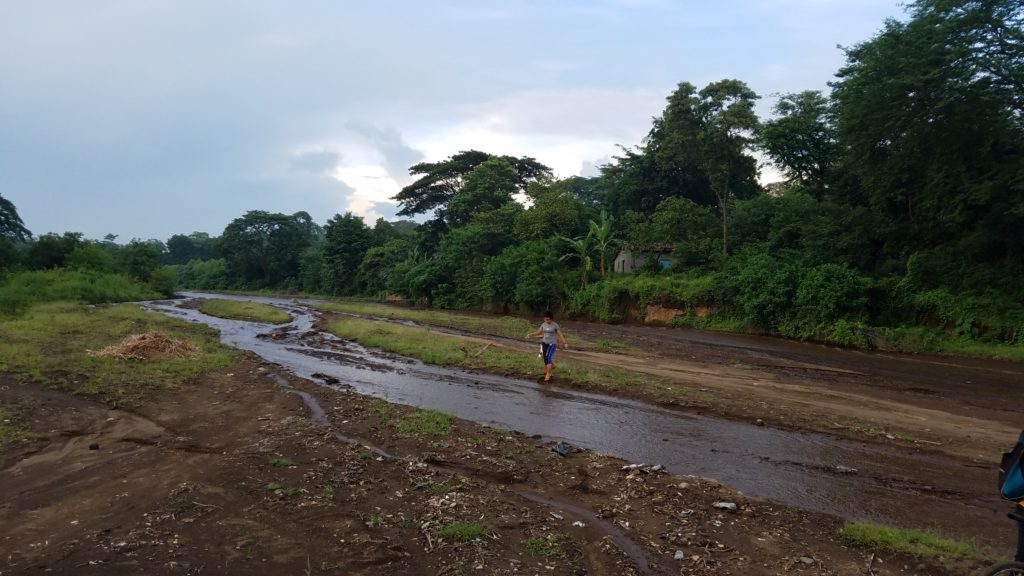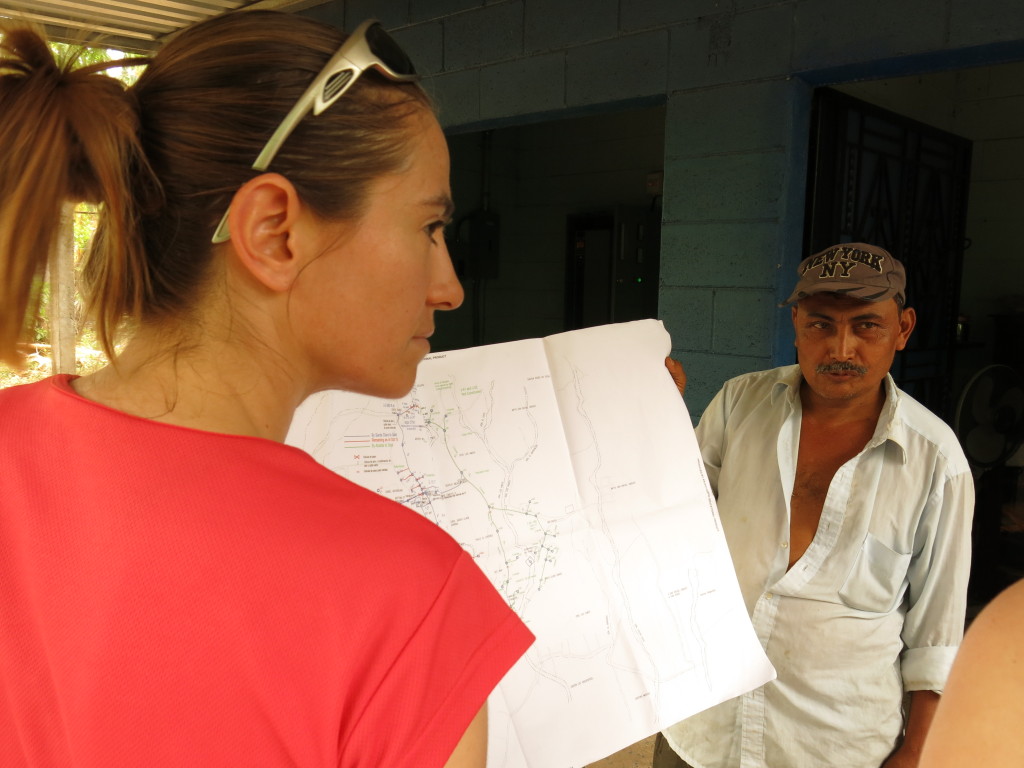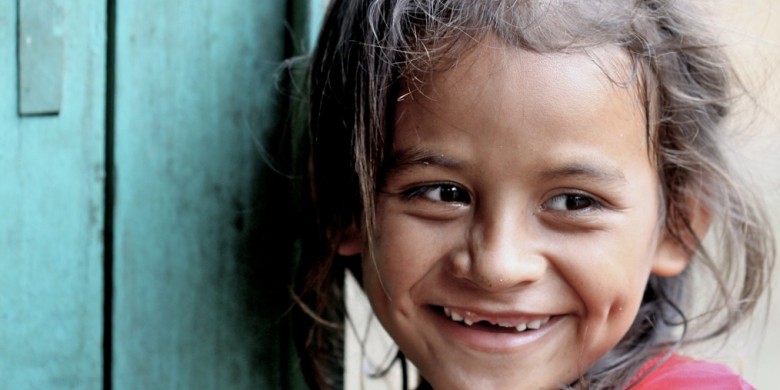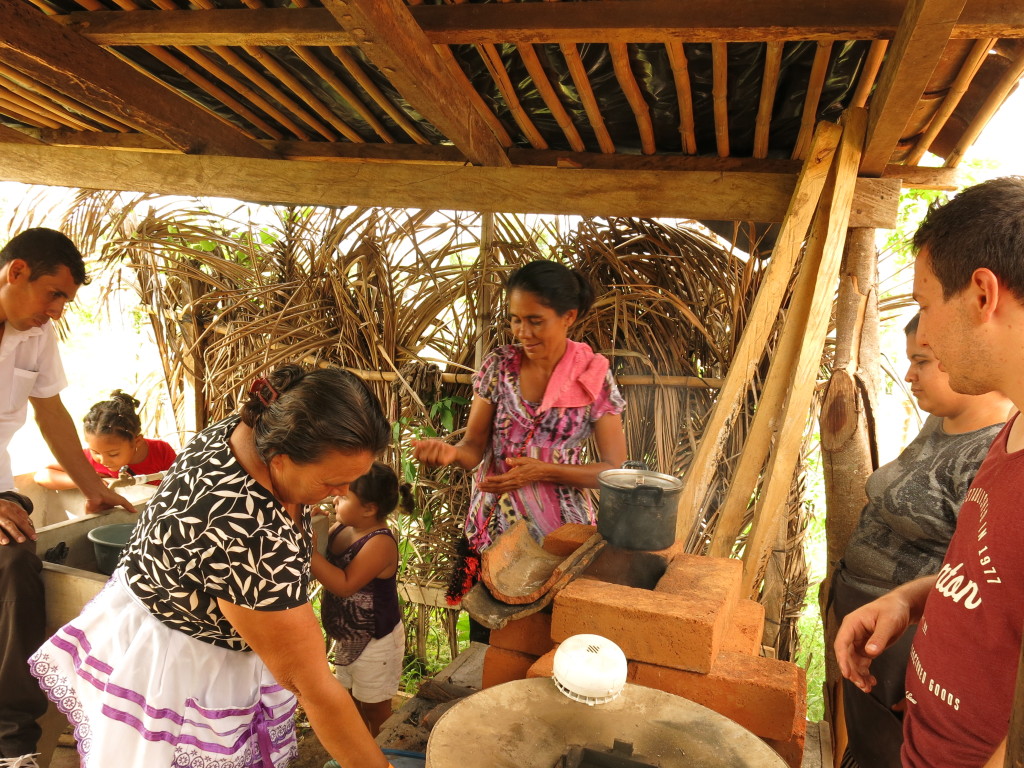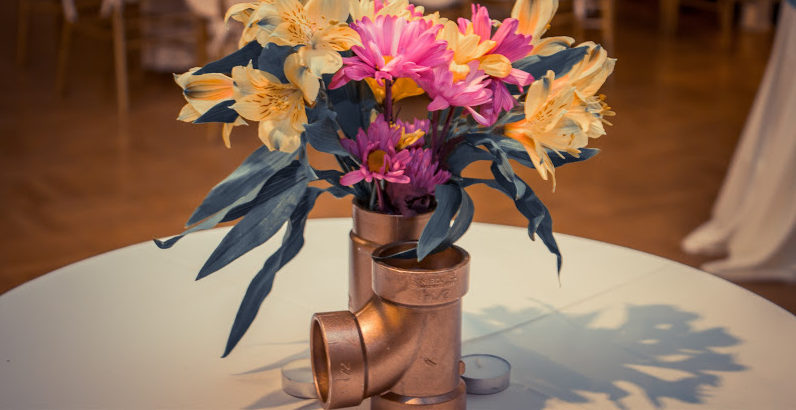
WATER SUPPLY
400 HOUSEHOLDS
IMPACTED
COMPLETED
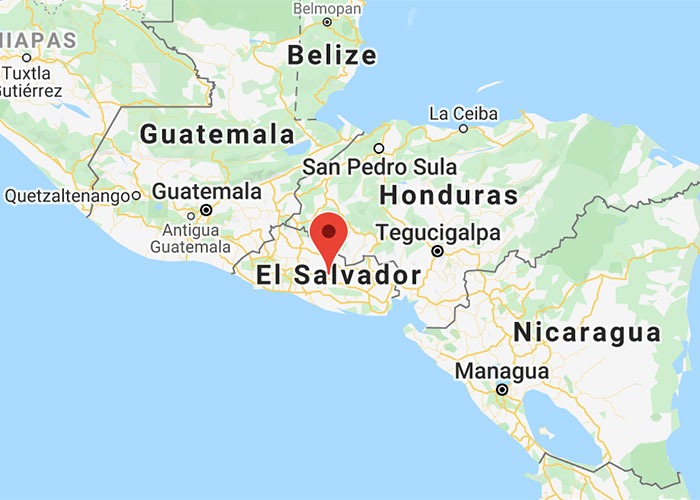
Santa Clara, El Salvador
Cantón Santa Clara, El Salvador, is a rural community comprised of approximately 400 households. The majority of community members live in poverty, engaging primarily in subsistence farming, growing corn, beans, and some livestock.
The Need
EWB-DC began engaging this community in 2004 to install an improved drinking water supply system. At the time, most residents relied on shallow wells to supply water for their households. These wells were vulnerable to contamination, which resulted in a high incidence of waterborne diseases and parasites in the community.
The Solution
Over the following years, EWB-DC volunteers and their partners (including Catholic University, George Washington University, Peace Corps, Rotary International, and the local community development organization, ADESCO) performed site assessments and implemented construction of water treatment, water distribution, and greywater disposal systems. In 2012, the drinking water system was completed, with an initial distribution network reaching over 200 households in the community.
In addition to providing technical assistance, EWB-DC trained a community health promoter to educate the community on the use of the system, as well as a water oversight board to continue financing, overseeing, and maintaining the system. While the community has taken ownership over the water system, EWB-DC continues to follow-up with consultation and education of the health promoter and water board.
In 2013, based on feedback from community members, EWB-DC expanded its partnership with Santa Clara to explore alternative cookstove technologies. These technologies are designed to reduce wood use and indoor air emissions from traditional cooking methods. Most kitchens in Santa Clara are indoors and women cook over an open fire, without any chimney to direct smoke outside the house. This has led to high rates of respiratory problems resulting from nuisance smoke, as well as advanced deforestation as community members go further and further afield in search of wood for cooking fires. Initial assessment trips identified the community’s need as well as resources that could be used for alternative designs. EWB-DC then developed and tested prototype alternative designs with partners at Montgomery College and brought the most promising back to Santa Clara for community feedback.
Progress
After connecting the houses outlined in our original partnership. The community took it upon themselves to expand the network of supplying water to more members outside the initial project zone and kept up a great maintenance record and healthy cash buffer for the system. During our final assessments in 2016 and 2017; the community had a healthy bank account of 20,000 dollars that they accumulated and were looking to leverage that towards certificates of deposits. In addition, they continued to expand towards more needful areas hoping to subsidize the upfront cost of installing the start-up infrastructure. Following the closeout monitoring and assessment, we felt confident that the community had both the technical expertise and financial health to maintain the drinking water system independently. Following this successful partnership, we look forward to helping other communities in need from the lessons we have learned from this partnership.


